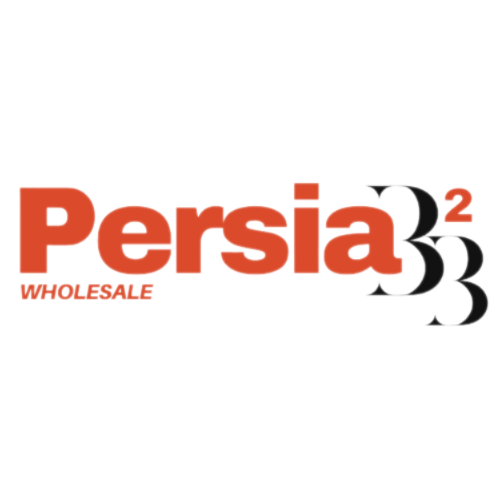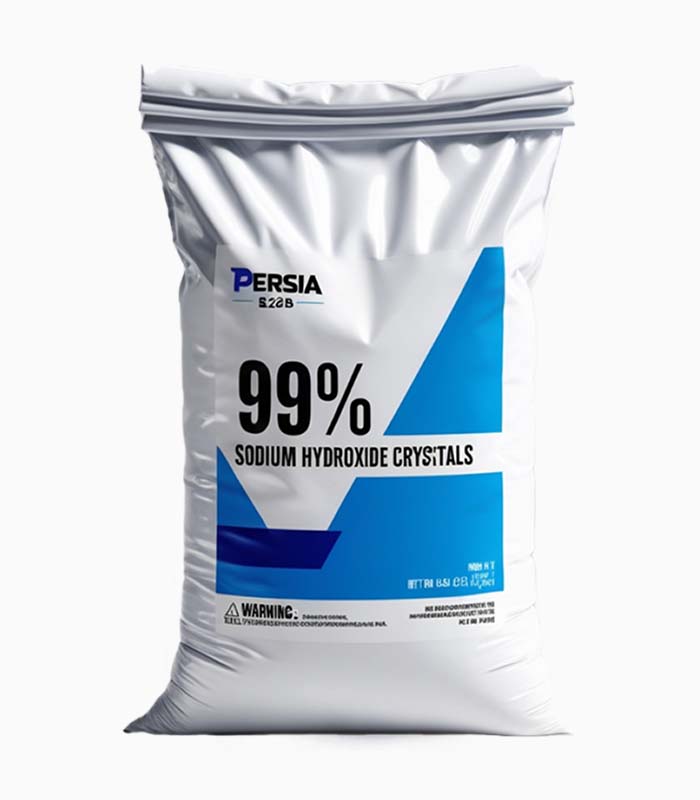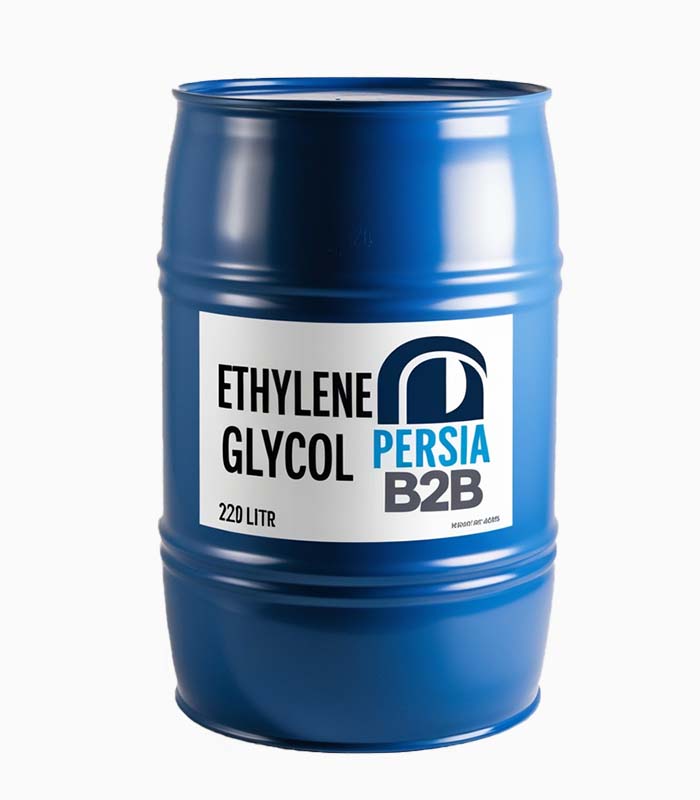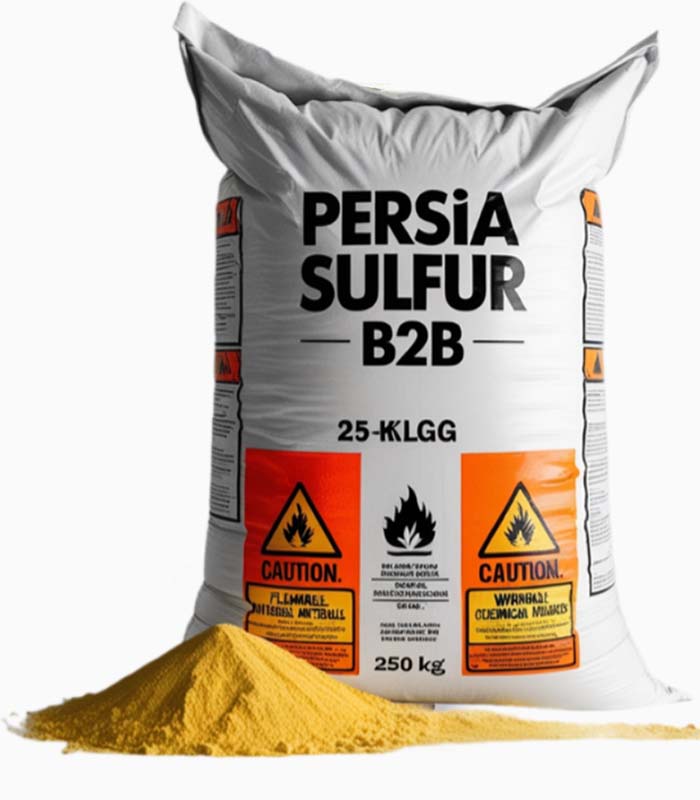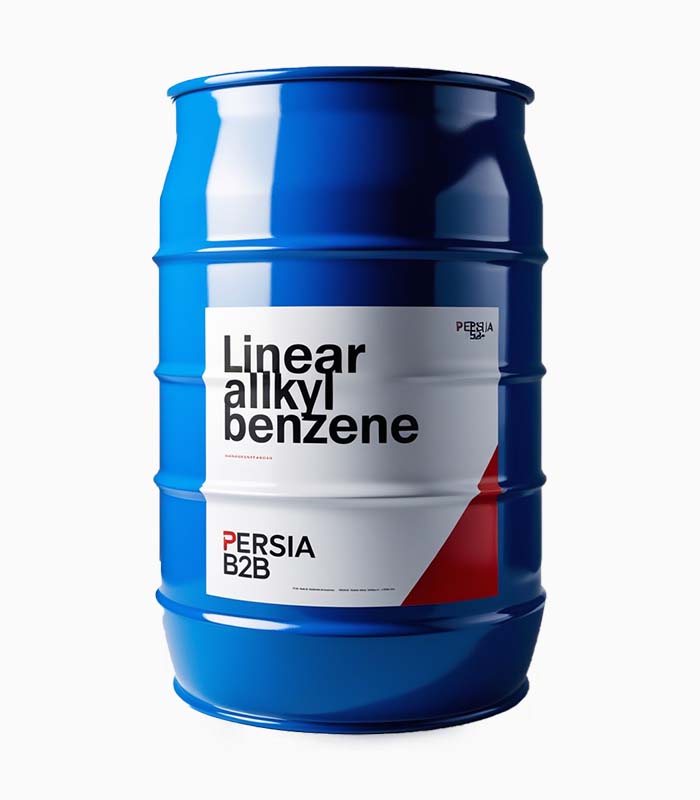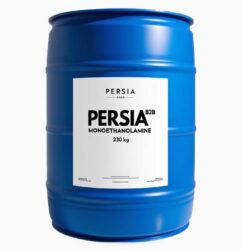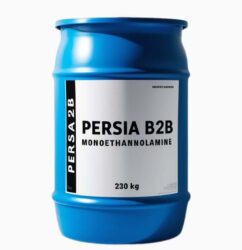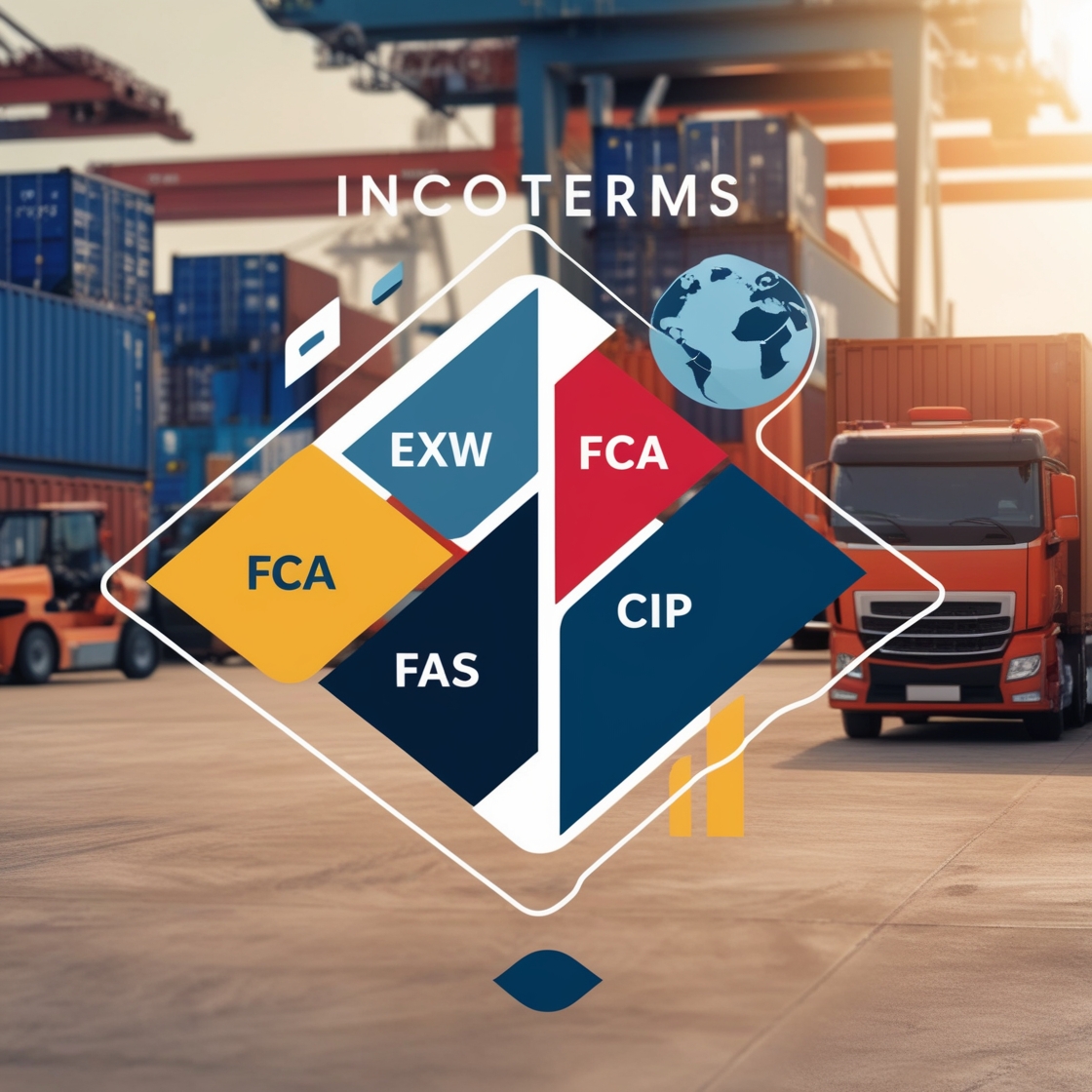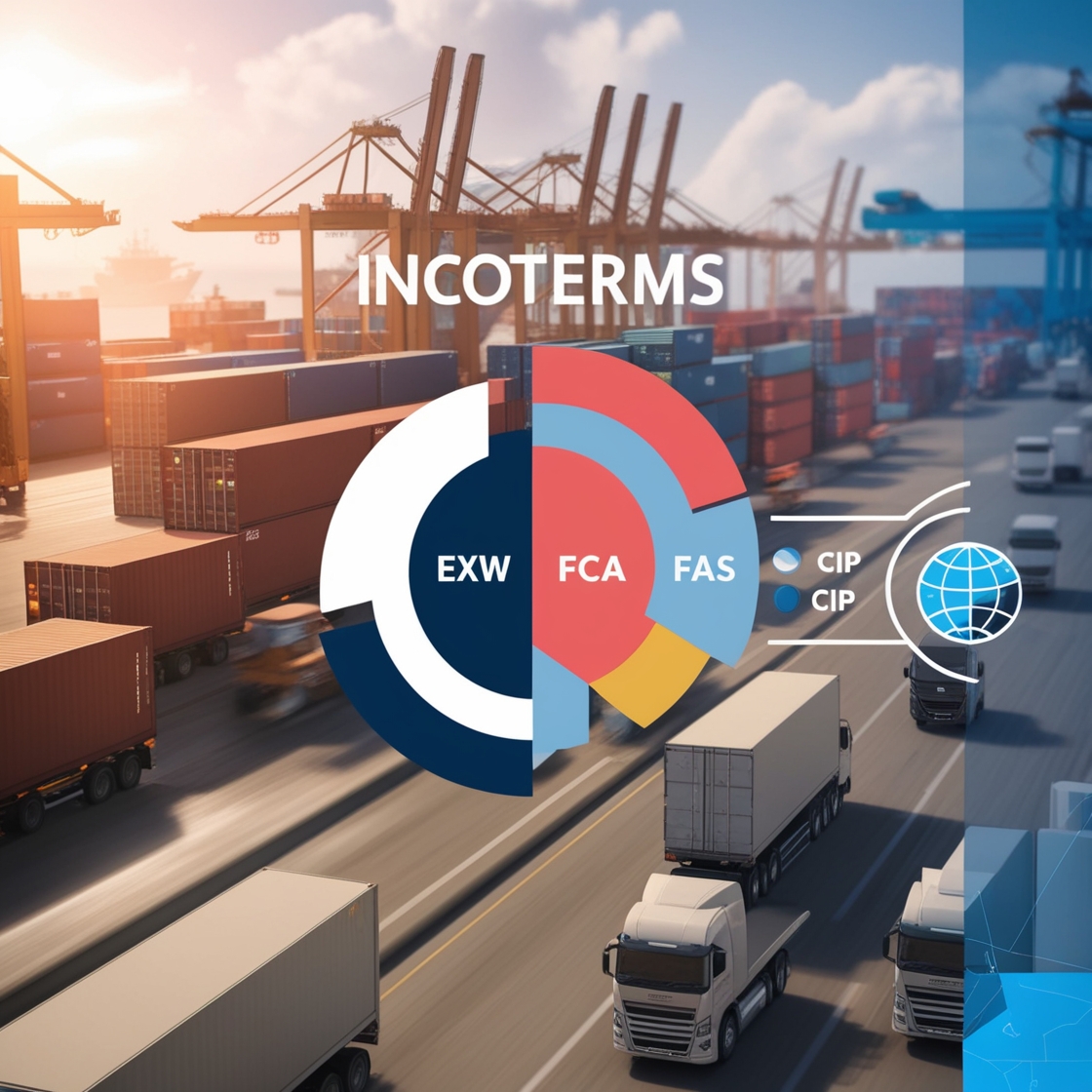Incoterms and their role in international trade
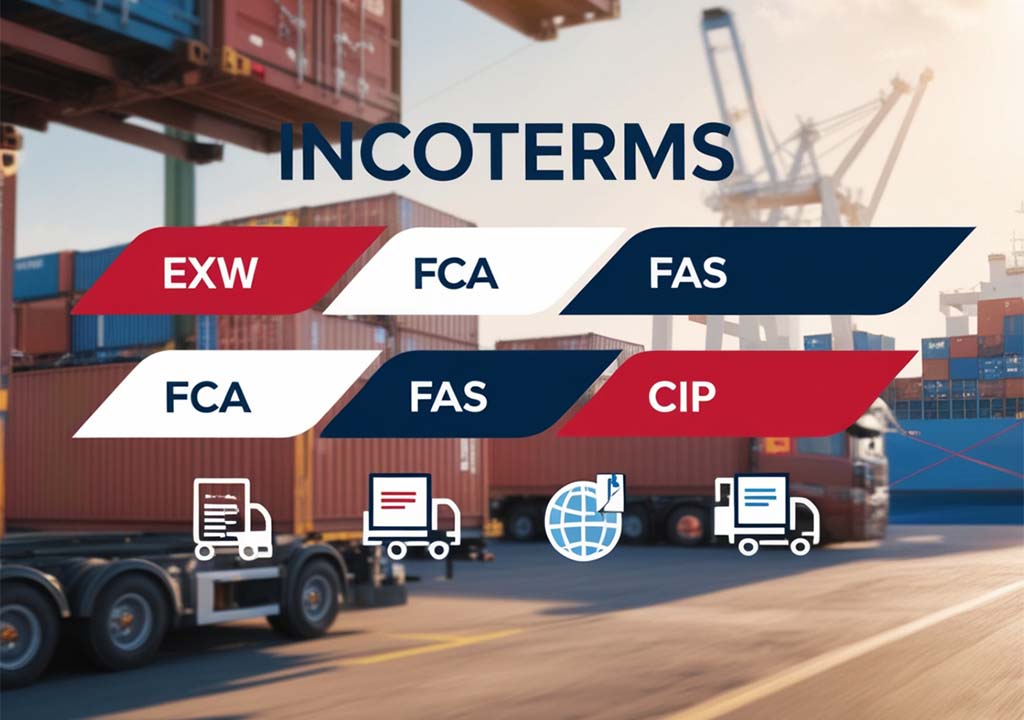
Understanding Incoterms and Their Role in International Trade: A Comprehensive Guide
In the complex world of global trade, ensuring clarity between buyers and sellers is essential. Misunderstandings regarding responsibilities, costs, and risks can lead to disputes and financial losses. This is where Incoterms (International Commercial Terms) come into play. Introduced by the International Chamber of Commerce (ICC) in 1936, Incoterms provide standardized guidelines that define the obligations of both parties in international trade. By offering a clear framework, these terms help avoid confusion, making them an essential part of any business's Terms & Conditions.
What Are Incoterms?
Incoterms are a set of internationally recognized rules that outline the roles of buyers and sellers in the delivery of goods under sales contracts. They clarify who is responsible for transportation, insurance, duties, and other logistical aspects. Incoterms are updated periodically to reflect changes in global trade practices, with the latest version, Incoterms 2020, being widely adopted.
Using Incoterms in your Terms & Conditions ensures that all parties understand their responsibilities, reducing the risk of legal disputes. Whether you're an importer, exporter, or logistics provider, incorporating Incoterms into your contracts enhances transparency and efficiency.
Key Functions of Incoterms in Trade Agreements
Risk Allocation:
Incoterms specify when the risk of loss or damage to the goods transfers from the seller to the buyer. This clarity is crucial for both parties, especially when dealing with high-value shipments.Cost Distribution:
By defining who pays for transportation, insurance, and customs duties, Incoterms prevent unexpected expenses. Clear cost allocation in the Terms & Conditions helps both parties plan their budgets accurately.Delivery Responsibilities:
Incoterms outline each party’s obligations regarding the delivery process. For example, some terms require the seller to arrange transportation up to the buyer’s warehouse, while others place this responsibility on the buyer.
Categories of Incoterms: Modes of Transport
Incoterms are divided into two main categories based on the mode of transport:
1. Incoterms for Any Mode of Transport:
EXW (Ex Works):
The seller makes the goods available at their premises. The buyer bears all costs and risks from that point onward. This term is often used in the initial stages of the supply chain, where the buyer arranges for the entire transportation process.FCA (Free Carrier):
The seller delivers the goods to a carrier or a location designated by the buyer. After delivery, the buyer assumes all risks and costs. FCA is ideal for multimodal transport.CPT (Carriage Paid To):
The seller pays for the transport to a specified destination, but the buyer assumes risk once the goods are handed to the carrier. This term is commonly used in containerized shipments.CIP (Carriage and Insurance Paid To):
Similar to CPT, but the seller also arranges insurance. CIP ensures that the buyer is protected against potential damages during transit.DAP (Delivered at Place):
The seller delivers the goods to a specified location, excluding import duties. This term simplifies delivery for the buyer but places significant responsibility on the seller.DPU (Delivered at Place Unloaded):
The seller is responsible for unloading the goods at the destination. This term is advantageous for buyers who prefer minimal involvement in the unloading process.DDP (Delivered Duty Paid):
The seller handles all costs, including import duties and taxes, delivering the goods directly to the buyer's location. DDP is highly convenient for buyers but requires the seller to manage complex customs procedures.
2. Incoterms for Sea and Inland Waterway Transport:
FAS (Free Alongside Ship):
The seller delivers the goods alongside the ship at the port of departure. The buyer assumes responsibility for loading and subsequent transportation.FOB (Free on Board):
The seller is responsible for loading the goods onto the vessel. Risk transfers to the buyer once the goods are on board. FOB is one of the most commonly used Incoterms in maritime trade.CFR (Cost and Freight):
The seller pays for shipping to the destination port. However, the buyer assumes risk after the goods are loaded onto the vessel. CFR is ideal for bulk shipments.CIF (Cost, Insurance, and Freight):
Similar to CFR, but the seller also arranges insurance. This term offers additional security for buyers, especially in high-risk shipments.
Why Are Incoterms Important for Your Terms & Conditions?
Incorporating Incoterms into your Terms & Conditions simplifies international trade contracts by providing a universally accepted framework. Here’s how:
Legal Clarity:
Incoterms reduce ambiguities, ensuring that both parties are aware of their obligations. This legal precision helps businesses avoid costly misunderstandings.Efficient Negotiations:
By referencing standardized terms, companies can streamline contract negotiations, focusing on other critical aspects like pricing and delivery timelines.Risk Mitigation:
Clear definitions of responsibility and risk transfer protect both buyers and sellers from unexpected liabilities. This clarity is especially vital in complex global supply chains.
How to Choose the Right Incoterm?
Selecting the appropriate Incoterm depends on several factors, including:
Mode of Transport:
For example, use FOB or CIF for sea freight and FCA or CIP for air or road transport.Buyer-Seller Relationship:
If one party has more logistical expertise, terms like DDP or EXW can be advantageous.Risk Tolerance:
Sellers with lower risk tolerance might prefer terms like FOB, while buyers looking for minimal involvement may opt for DDP.
Conclusion: The Role of Incoterms in Modern Trade
In today’s globalized economy, clarity and precision in trade agreements are more critical than ever. By incorporating Incoterms into your business’s Terms & Conditions, you ensure that all parties understand their roles, responsibilities, and risks. This not only fosters trust but also enhances operational efficiency, making Incoterms a cornerstone of successful international trade.
Whether you're new to international commerce or a seasoned trader, understanding and correctly applying Incoterms can significantly impact your business's profitability and reputation. Always stay updated with the latest version of Incoterms to ensure your contracts reflect current global trade practices.
